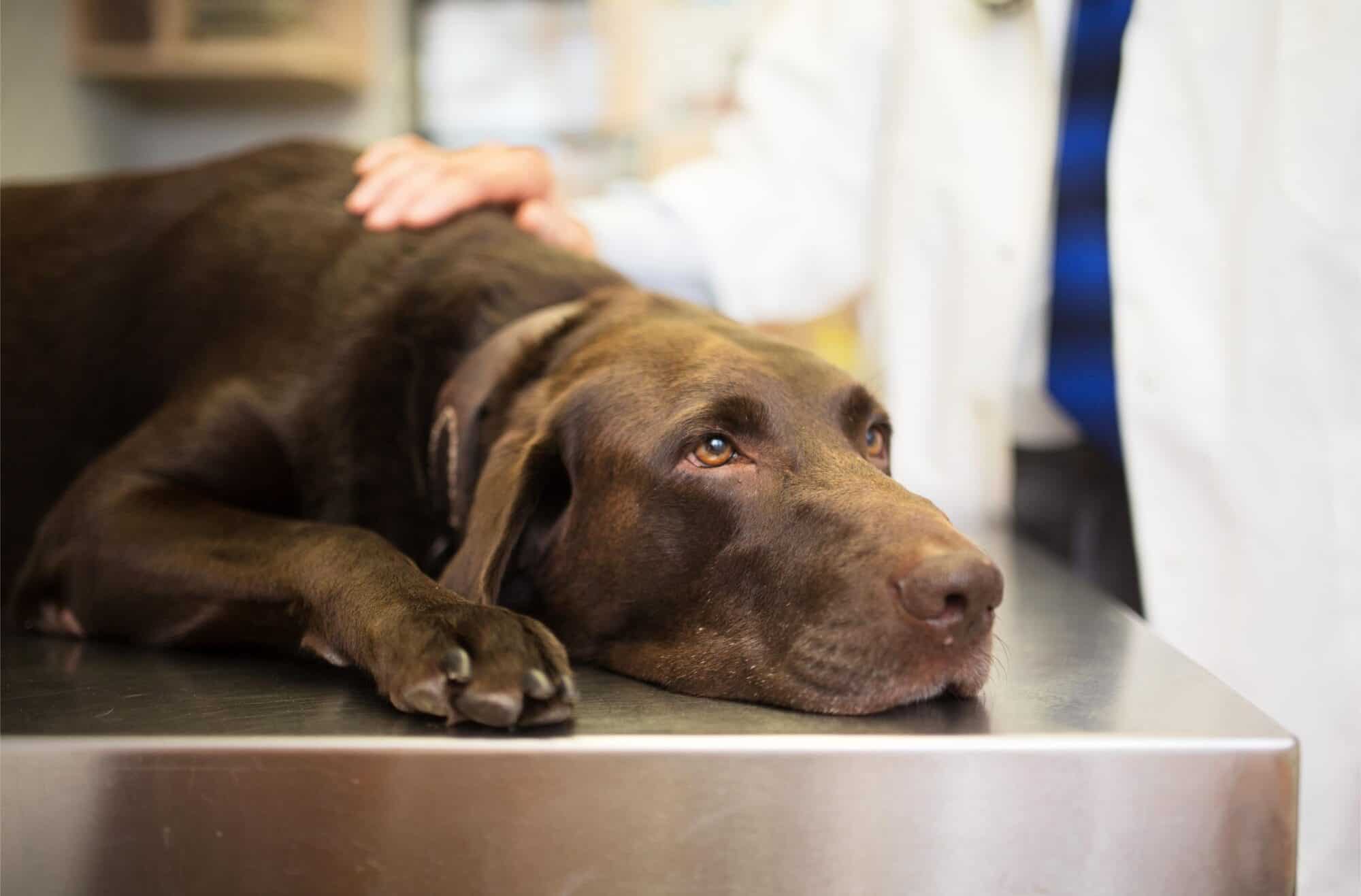Top 3 Signs That Your Dog Is Sick

We have all heard the saying “sick as a dog,” but what does that really mean? Would you know if your dog wasn’t feeling well? Capital Home Veterinary Care thinks it’s important for pet owners to be able to efficiently recognize signs of a sick pet.
Sign #1: Sick Dog Behavior Changes
As animals, dogs are more likely to hide signs of trouble rather than complain. Sometimes the most important clues that your pet isn’t doing well are pretty subtle.
Pet owners should be aware of their dog’s normal habits and behaviors. Changes in normal patterns make sick dog behavior more obvious, and if you aren’t paying attention you might just miss them.
Examples of behaviors that might be signs of a sick pet include:
- Changes in schedule
- Deviations from normal social activities with humans or animals
- Hiding or secluding themselves
- Pacing or whining
- Decrease in willingness to exercise
- Changes in eating habits
- Changes in bathroom habits
If you aren’t familiar with what your pet does normally, some of these changes can be hard to spot. An observant owner, though, will catch on quickly that something isn’t quite right.
Sign #2: Signs of Pain
Many pet owners expect their dog to whine or yelp if they are in pain, but this is often not the case. Knowing how to recognize less obvious indications of pet pain is an important skill.
Signs that your dog may be painful include:
- Changes in normal daily habits
- Increased biting, licking, or scratching an area
- Agitation
- Decreased activity levels
- Changes in posture or movement
- Changes in facial expressions
- Increase in aggressive tendencies
If you suspect that your dog may be in pain, you should request an appointment right away so that we can evaluate and help your pet.
Sign #3: Digestive Woes
Even when a pet’s illness isn’t primarily affecting the digestive tract, a sick pet will often have changes involving this major life function. Dog illness symptoms often include things like a decreased or absent appetite, vomiting, and changes in stool frequency and consistency.
Noting when something with your dog’s digestive system changes and acting if the change persists is an important way to stay ahead of trouble.
You as your pet’s caretaker know them best, and if you feel something isn’t right it is usually worth checking out. Our staff is more than happy to help assess the situation, and if indicated, diagnosing and treating your pet. Your dog can’t advocate for themselves, so we take our responsibility to do so very seriously.
